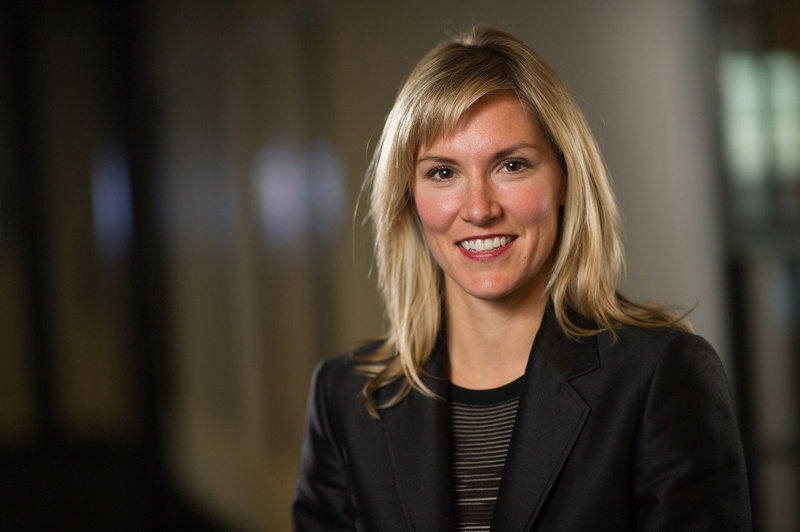SAN FRANCISCO – Sunrun Inc. has a message for homeowners who are contemplating going solar: It’s cheaper and easier than you think.
The provider of residential solar-power systems said Thursday that it raised $60 million in funding, led by Madrone Capital Partners, to invest in software development that can make projects more efficient and less costly.
Sunrun buys solar panels, configures them for residential use and then leases the system to consumers for 20-year terms. The company requires no down payment and charges users a monthly fee that’s less than the typical electricity bill. Solar is gaining popularity as an alternative to fossil fuels, following a 53 percent drop in prices since the end of 2010.
“People still don’t know that solar for zero down is an available option,” said Lynn Jurich, who co-founded the company in 2007. “Once they find out, the conversion rate is enormous. It’s become clear that mainstream consumers want to buy this.”
Madrone, a venture firm affiliated with Wal-Mart Chairman Robson Walton, was joined in the financing round by existing Sunrun investors Accel Partners, Sequoia Capital and Foundation Capital. The San Francisco-based company has raised a total of $145 million.
The new money will be used in part to increase staff by 50 percent, to 300, by year-end, including doubling the number of software developers to about 60, Jurich said. Programmers are needed as the company builds more technology to simplify installations and the permitting process.
“Sunrun invented a way to eliminate high upfront solar costs and is now reinventing how it’s delivered, making solar easier to sell, install and service,” said Jamie McJunkin, general partner at Madrone in Menlo Park, Calif.
Prices are going down on their own because of a glut in supply from low-cost panel makers, mostly in Asia. That’s also benefiting rival SolarCity Corp., which said last month that it’s planning to sell shares to the public, and Clean Power Finance, which operates an online marketplace for investors to fund rooftop solar projects.
Still, getting into new markets is a challenge for Sunrun and other installers because not every state provides the subsidies that are necessary to make it affordable, even with a 30 percent federal tax credit. Jurich expects the combination of better technology and a continued drop in prices to add another 15 states to the mix in the next five years.
The company had installed 20,000 residential systems through February, with half of those completed in the preceding 11 months.
Warren Hogarth, who led Sequoia’s first investment in Sunrun in 2010, said the business is catching on as homeowners see panels popping up in their neighborhood and start inquiring about them. Today, less than 0.1 percent of U.S. houses are topped with panels, a number expected to climb to 2.4 percent by 2020, Bloomberg New Energy Finance estimates.
Send questions/comments to the editors.



Success. Please wait for the page to reload. If the page does not reload within 5 seconds, please refresh the page.
Enter your email and password to access comments.
Hi, to comment on stories you must . This profile is in addition to your subscription and website login.
Already have a commenting profile? .
Invalid username/password.
Please check your email to confirm and complete your registration.
Only subscribers are eligible to post comments. Please subscribe or login first for digital access. Here’s why.
Use the form below to reset your password. When you've submitted your account email, we will send an email with a reset code.